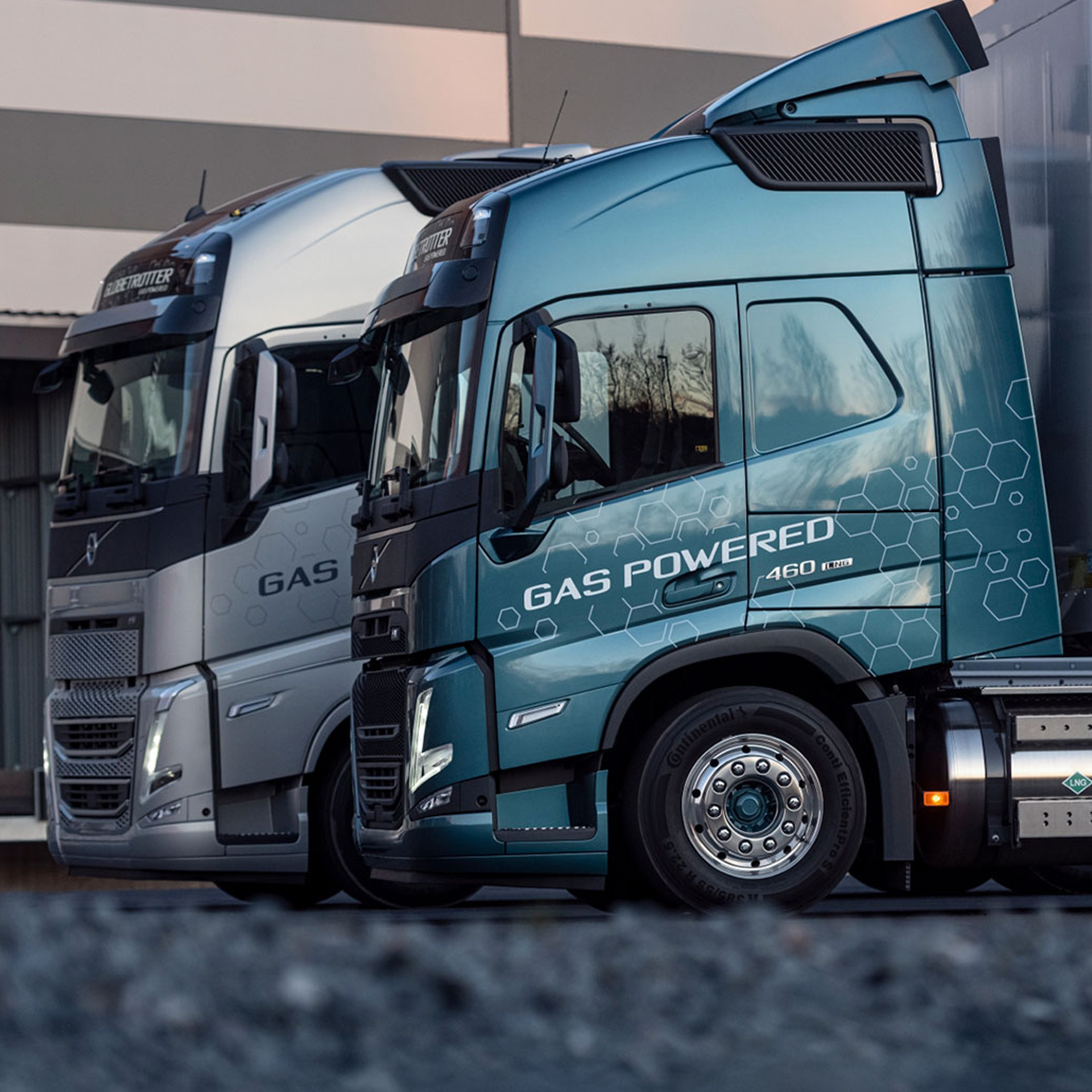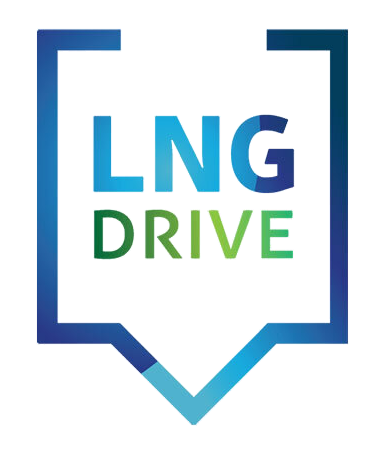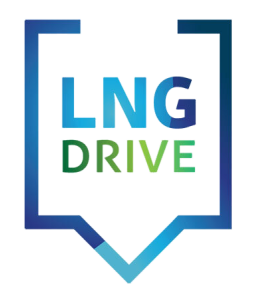
What is CNG?
CNG is methane, stored at high pressure (200 bar), and a environmentally friendly alternative to petrol and diesel.
Lower emissions
Cost-effective
Why should I drive on CNG?
Lower emissions
Longer engine life
Cost savings
Reduced maintenance
Drive further for less money
CNG provided by LNG DRIVE is original LNG that is temperature & pressure-regulated. Because of the unique composition it contains more energy than the CNG coming from the public natural gas grid.
With every refuel at an LNG DRIVE station you drive effectively further.
CNG in cars
Factory installed CNG cars are provided by different brands. From small city car till SUV and limousine.
The low CO2-emission makes those cars interesting on a fiscal and economic level. The cost per kilometer is unbeatable.


CNG in vans
Deliver with a ‘clean vehicle’ and put your competitors in the shade.
CNG vans also rule in the city because the very low noise impact and the minor emissions.
CNG in trucks
Distribution trucks on CNG are the solution to reduce your impact on the climate and the environment and to increase your impact on your clients.
Available from different brands, and with a ‘Total Cost of Ownership’ competitive with diesel.

FAQ
What is CNG?
CNG stands for “compressed natural gas.” It is a fuel made by compressing natural gas to less than 1% of its volume at standard atmospheric pressure.
How is CNG produced?
CNG is produced by compressing natural gas to high pressures using a compressor.
What are the advantages of using CNG?
The advantages of using CNG include lower emissions, cost savings, domestic availability, reduced maintenance costs, quieter operation, longer engine life, and improved safety.
Is CNG safe to use?
Yes, CNG is safe to use when handled properly. However, as with any fuel, there are risks associated with storage, transport, and handling, and appropriate safety measures must be taken to mitigate these risks.

